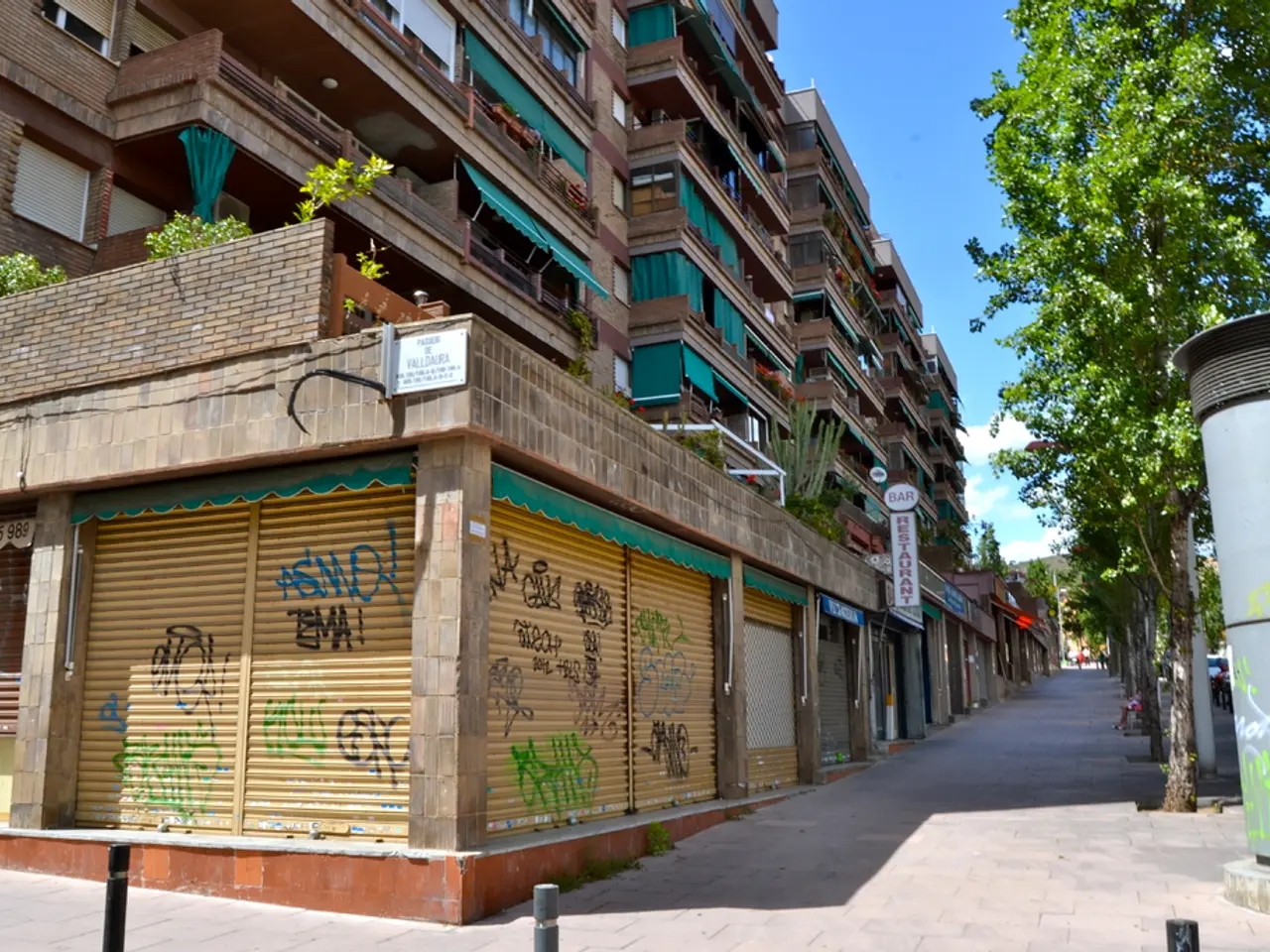Vienna's Controversial Approach: Providing Budget-Friendly Housing for Everyone
In the heart of Europe, Vienna, the Austrian capital, stands out as one of the most livable cities worldwide. Known for its well-managed housing situation, Vienna is a city of interest for those seeking affordable and livable cities.
The video above, from Bloomberg Quicktake, a video channel that offers inside knowledge and expert voices from around the world, provides more insights into Vienna's approach to housing.
Vienna keeps housing affordable primarily through a long-standing, large-scale public housing program. Around 60% of its residents live in city-subsidized or municipal housing. The city has invested heavily and consistently—over 100 years—in building high-quality, accessible social housing that integrates well with city infrastructure and promotes social mix.
A key aspect of Vienna's housing strategy is the massive municipal housing stock. About 220,000 municipal flats and another 200,000 subsidized apartments have been built over the last century. The housing is built with good quality, green spaces, and nearby amenities to create livable environments often called “people’s apartment palaces.” This approach removes stigma from social housing and preserves social diversity by mixing income groups within neighbourhoods.
Vienna's housing strategy also places a high emphasis on investment and political priority. The city invests roughly €500 million annually in construction, rehabilitation, and financial support for low-income residents, keeping supply robust and affordable.
The video could potentially offer insights into how other cities might address their housing affordability issues. Unlike many cities that privatized public housing, Vienna holds firmly to the idea that shelter is a basic right, not a commodity, helping keep prices reasonable.
This abundant supply of subsidized housing slows the growth of private rental prices and prevents extreme housing shortages seen elsewhere. Despite recent controversies over allocation to refugees via NGOs, which has caused tensions, the overall system remains robust in maintaining affordability relative to global cities.
In summary, Vienna’s success stems from consistent, large-scale government intervention in housing supply, high-quality public housing integrated within the city, and a political and social commitment to treating housing as a right, not just a market product. This contrasts with many other cities facing more severe affordability crises due to reliance on private markets.
For those interested in learning more about Vienna's housing approach, the video above offers valuable insights. It could serve as a guide for other cities seeking to create more affordable and livable urban environments.
- Vienna's approach to housing, which emphasizes large-scale public housing and treats shelter as a right, could potentially provide valuable insights for cities worldwide that are grappling with housing affordability issues.
- Alongside investing in the construction, rehabilitation, and financial support for low-income residents, Vienna's housing strategy incorporates high-quality public housing and a balanced housing market, featuring both city-subsidized and private rental properties.
- In the real-estate sector, Vienna's commitment to affordable housing through its extensive public housing program and emphasis on livable environments can serve as a model for housing initiatives and lifestyle preferences within home-and-garden and investing discussions.





